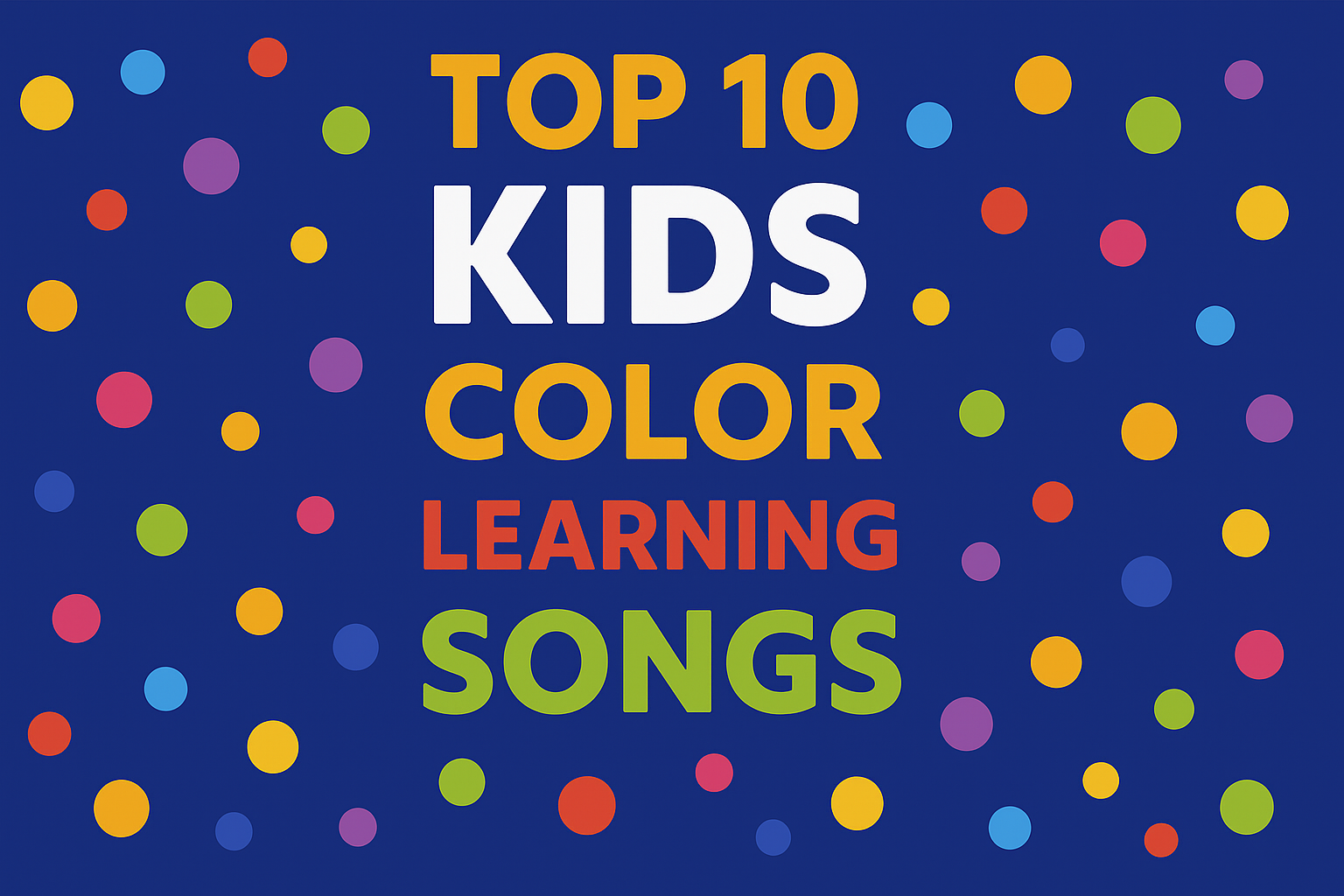
What Is Special Education? Getting the Right Education for Your Special Needs Child
As of 2015, there were almost 40 million Americans with some kind of disability. With this many people with disabilities living in the United States, school systems have created new learning environments.
Educators refer to this kind of schooling as “special education.” But, what is special education?
If you’re interested in learning about a world where all students are accepted and protected, keep reading. We’ll tell you all you need to know about special education programs.
What is Special Education?
Special education is an individualized kind of schooling that is made to fit the needs of its students who are disabled. That’s right, special education is individualized.
An individualized program will cater to the specific needs of your child. For example, some children need to learn by touching and moving things. A special education program can meet this need and more.
No matter what your child’s specific needs are, a special education program should be able to accommodate them. Even if children in the same class need different things, the school can help with this.

Normally, people envision a special education classroom as a hidden room away from all of the “normal” children. This isn’t true. In fact, there are rules preventing this.
Children who have disabilities are required (and encouraged) to interact with children without disabilities as often as possible. This allows for more social interaction and a more fluid school experience.
If your child is placed in a special education environment, you will get to work with a specialist to craft your child’s educational environment. Even if you think that your child may only need one accommodation, you should reach out. A small stepping stone of help could make all the difference in your child’s education.
What Disabilities Are Covered?
The Individuals with Disabilities Education Act (IDEA) accounts for 13 types and categories of disabilities. One of the largest categories is for children with specific learning disabilities.
Specific learning disabilities refer to those disabilities that cause a child to learn, think, write, and perform other learning-related tasks differently. There are several different kinds of specific learning disabilities. Here are just a few:
- Auditory Processing Disorder
- Dyscalculia
- Dysgraphia
- Dyslexia
- Dyspraxia
- Visual Processing Issues
Intellectual disabilities are also covered by the IDEA. This category used to be termed for those with “mental retardation.”
Other covered disabilities include autism and other health impairments. The category “other health impairments” covers those disabilities that may prevent a child from being able to focus. This includes children with attention-deficit hyperactivity disorder (ADHD).
What About the Least Restrictive Environment?
Special education classrooms are supposed to provide an environment that allows children with disabilities to learn. This requires providing the least restrictive environment.
When you meet with a specialist regarding your child’s special needs, they may begin by talking about your child in a traditional education class. They could bring up accommodations for your child in this traditional setting and talk about how your child would or would not thrive in this environment.
By placing your child in a traditional classroom setting, they would be in the least restrictive environment. While this isn’t the best choice for all children, it is a great starting point for the conversation about accommodation to take place.

You may be concerned about your child thriving in this kind of environment, but the truth is that your child may do better alongside their classmates. If they are isolated to another classroom, it could negatively affect their learning experience.
This is why the policy of enforcing the least restrictive environment is so important.
Although, you should understand that this doesn’t work for every child. It’s okay if it doesn’t work for your child.
You can also try to convey the program to the comfort of your home if your kid would like that more. Finding a comprehensive homeschool art curriculum can help spark creativity and learning while at home. Further exploring the different learning styles and preferences of your child can also provide insight into what type of environment would be most beneficial for their education.
The point of providing this policy is to give every child with a disability the chance to intermingle with their classmates as much as they can. You should find that your school will advocate for your child intermingling with students without disabilities normally.
Do I Need a Special Needs Attorney?
If you’re placing your child in a special education program, you may be wondering if you need a special needs attorney.
Generally, parents only contact a special needs attorney when the school program that they are working with is not meeting their child’s needs. If you cannot reach a compromise with your child’s school specialist, you should reach out to a special needs attorney.
Many people will find that special education law is too complex. Special needs attorneys are specialized in this kind of law and help you and your child.
If you believe that your child isn’t getting the quality education that they could be getting, a special education attorney can help you sort through the legal jargon. They can help you fight for a better educational program for your child.

First and foremost, special needs attorneys are there to advocate for your child. They can help connect you and your child with resources that can help them through their educational journey.
For example, a special needs attorney may recommend that your child have an assessment if they have an intellectual disability. This assessment can help professionals identify the resources that can help your child.
This professional can then report this to the school so that they can meet your child’s needs appropriately.
Special needs attorneys can also advise you on how to build your case against a special education program. They can help you identify what proof you need to help your child get the help they need.
If you’re interested in learning more about special needs law or you and your child need help, contact special needs attorneys here.
What Do You Do Now?
So, what is special education? It is a great way to educate students with disabilities and give them the educational resources they need.
If you think that your child qualifies for special education, pick up the phone and talk to someone at your child’s school. They should be able to help you get in touch with the right specialist. From there, your child will have a series of meetings to discuss their learning needs.
For more helpful articles like this, feel free to check out the rest of our blog.




